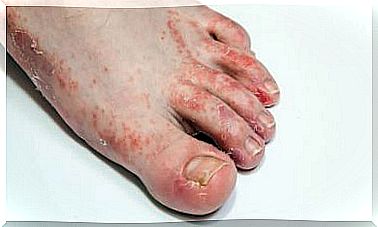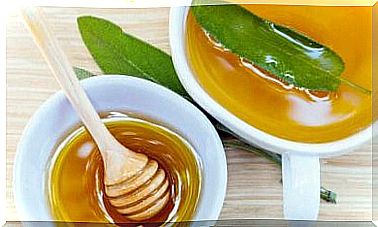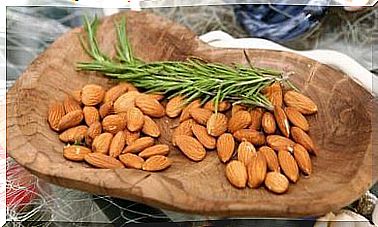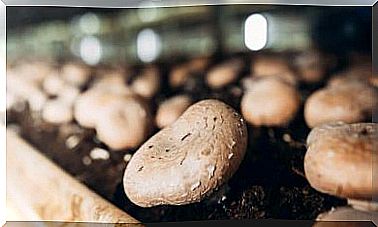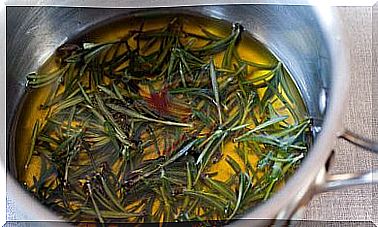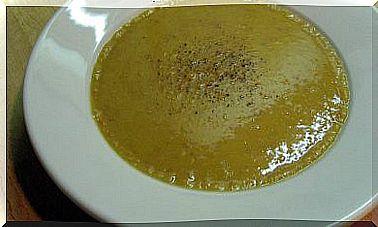Everything You Need To Know About Vitamin B12
Vitamin B12 or cobalamin is essential for the proper functioning of the body. Find out everything you need to know about this vitamin and the foods that contain it.
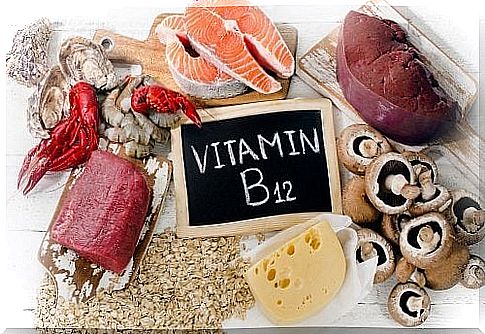
Vitamin B12 is essential for the body because it helps you carry out various vitally important processes, such as converting the food you eat into glucose. Glucose is needed to convert what is ingested into energy.
Stay with us to find out everything you need to know about vitamin B12, also known as cobalamin. We will tell you what functions are involved and how it works, in addition to recommending certain foods that contain it.
All you need to know about vitamin B12
Vitamin B12 is a water soluble vitamin that plays a vital role in the formation of red blood cells, cell metabolism, nerve function and DNA production. Plus, cobalamin helps prevent megaloblastic anemia.
1. Recommended daily dose
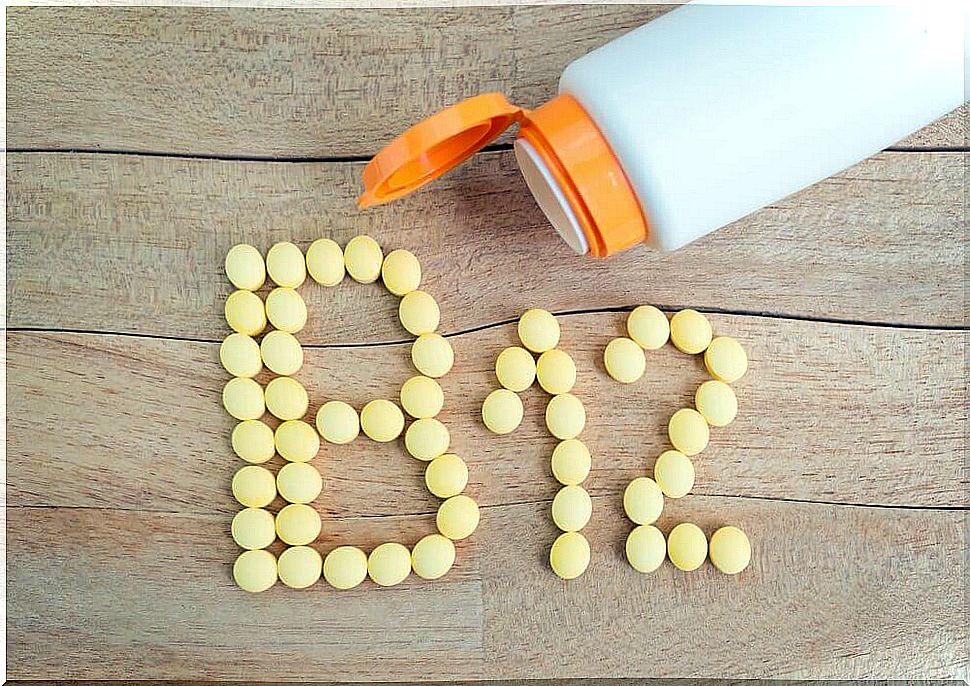
The amount of vitamin B12 you should take depends on your age. Thus, babies should ingest between 0.4 and 0.5 µg during the first year of life and 0.9 µg up to 3 years. The recommended dose for children is 1.2 µg up to 8 years, 1.8 µg up to 13 years and 2.4 µg up to 18 years. Then the dose remains stable.
2. Mode of consumption
By eating foods rich in vitamin B12, stomach acid separates vitamin B12 from the protein to which it is attached. Then, the cobalamin mixes with intrinsic factor (a protein in the stomach) to achieve its absorption.
People who for some reason cannot produce intrinsic factor (for example, those with pernicious anemia), usually have problems absorbing vitamin B12.
It is the main cause of vitamin B12 deficiency. In the absence of absorption problems, the incidence of deficiency is usually minimal, as the body is able to store it in high doses for later use, even for a few years later.
While it is difficult to suffer from a deficiency of this vitamin, it is not impossible. People who suffer from it show symptoms such as:
- Stinging sensation in the hands and feet
- Movement problems, due to damage to the peripheral nerve caused by this deficiency
- Pale or yellowish skin
- Extreme fatigue, linked to pernicious anemia
- Increased heart rate
- Shortness of breath
3. Benefits of cobalamin

At the beginning of this article, we mentioned the fact that this vitamin is essential for the development of the organism, emphasizing its main functions. Indeed, vitamin B12:
- could decrease the risk of heart disease
- help reduce the risk of birth defects
- prevents megaloblastic anemia by ensuring the correct formation of red blood cells
- maintains bone health and prevents osteoporosis. Different studies have shown that vitamin B12 deficiency is linked to low bone density
- reduce the risk of macular degeneration by reducing homocysteine, the high levels of which are associated with this disease
- would improve mood. Research has shown improved mood in people with depression when combining the drug with a vitamin B12 supplement
- improves memory
- promotes hair and nail growth, in addition to supporting skin health. This is due to its work at the level of cell production
4. Foods rich in vitamin B12
This vitamin is present in various foods, mainly of animal origin. For this reason, people who follow a vegan or vegetarian diet may suffer from a deficiency. The main foods that provide cobalamin are:
- Liver and kidneys: these are the two ingredients that contain the most vitamin B12, especially in lamb. Indeed, 100g of lamb liver provide 90% of the recommended daily dose.
- Clams: they contain vitamin B12, but also antioxidants and proteins
- Sardines: 150 g of sardines represent double the recommended dose of vitamin B12
- Whole grains : choose grains fortified with this vitamin. Check their label before you buy them!
- Tuna: 100 grams of tuna represent 160% of the required dose
- Salmon: 180 grams of salmon is 80% of the recommended dose
If you experience any of the symptoms of vitamin B12 deficiency mentioned in this article, please consult your doctor to determine if you have pernicious anemia. Remember that no other than a specialist can better guide you to lead a healthy and balanced diet!
